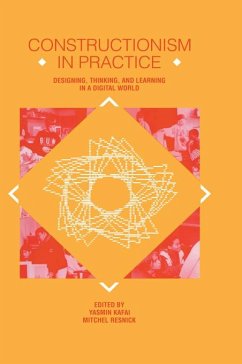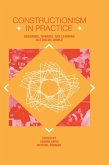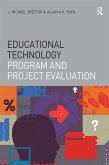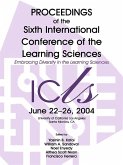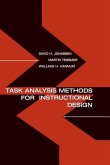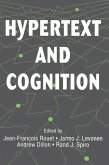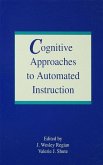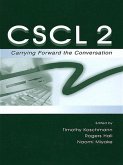Dieser Download kann aus rechtlichen Gründen nur mit Rechnungsadresse in A, B, BG, CY, CZ, D, DK, EW, E, FIN, F, GR, HR, H, IRL, I, LT, L, LR, M, NL, PL, P, R, S, SLO, SK ausgeliefert werden.
Hinweis: Dieser Artikel kann nur an eine deutsche Lieferadresse ausgeliefert werden.
Contemporary Psychology
"...the very broad spectrum of the discussed issues guarantees that this book will be useful and informative for a broad audience of social scientists, educators, and programming designers, as well as all who are interested in designing learning environments that promote creativity, motivation, sense of community, and agency in the participants....it is easy and fun to read."
Journal of Educational Computing Research
"...is a valuable collecton of essays written by MIT Media Lab faculty and students. The collection succeeds in providing an insighful look at developments in student-centered learning in science, mathematics engineering, and technology."
Technical Communication Quarterly
Contemporary Psychology
"...the very broad spectrum of the discussed issues guarantees that this book will be useful and informative for a broad audience of social scientists, educators, and programming designers, as well as all who are interested in designing learning environments that promote creativity, motivation, sense of community, and agency in the participants....it is easy and fun to read."
Journal of Educational Computing Research
"...is a valuable collecton of essays written by MIT Media Lab faculty and students. The collection succeeds in providing an insighful look at developments in student-centered learning in science, mathematics engineering, and technology."
Technical Communication Quarterly

